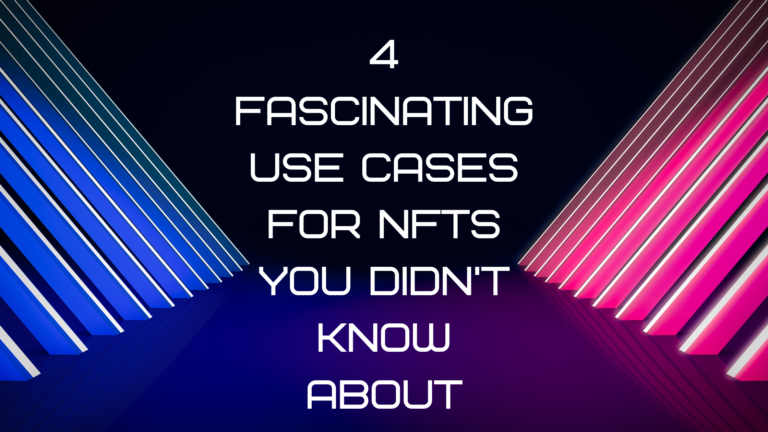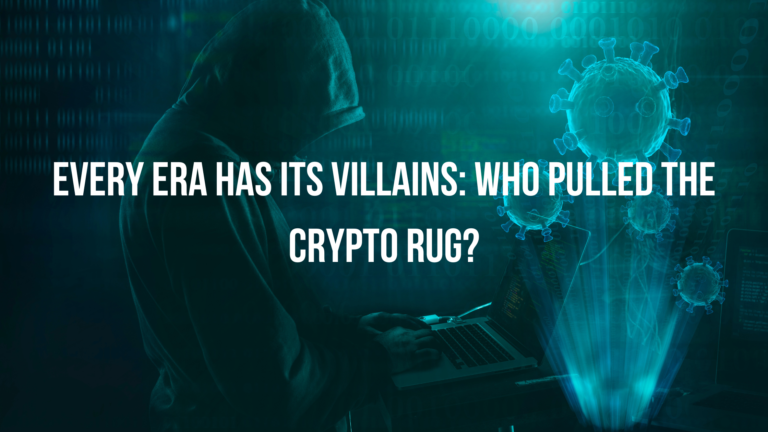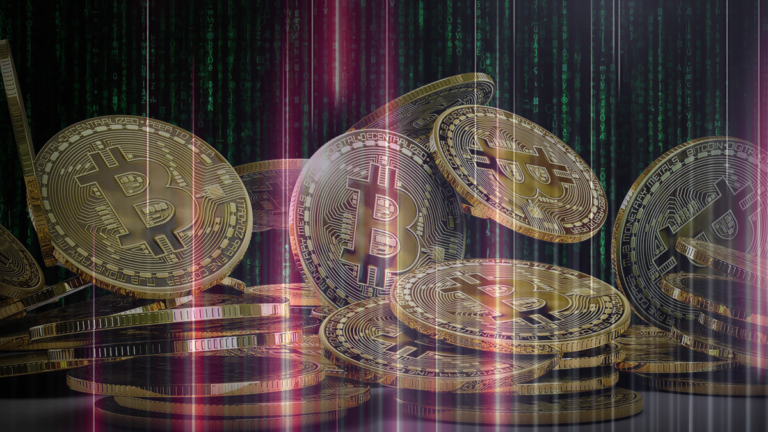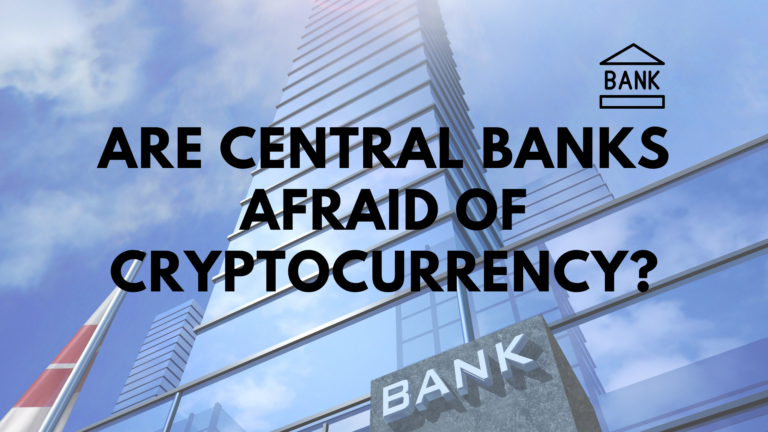
Decentralized Finance or, commonly referred to these days as “DeFi”, has to be one of the hottest words in the blockchain, crypto or even financial world these days. If ICO was the crypto catchphrase of 2017, “crypto winter” the 2018 moniker, IEO defined 2019, then 2020 will certainly be remembered for being the year of DeFi.
We get a question request almost every other day now about DeFi on Quora and, while we do our best to answer and comment on topics that we feel are more relevant to our services, we do feel that it is our partial duty to contribute to keeping this blockchain and crypto space as safe as possible for all users. In fact, it’s part of who we are as a marketing agency with blockchain marketing specializations — but that’s another story altogether!
Which is part of the motivation for us writing this blog post about DeFi!
Democratizing Finance
Right, so let’s get straight at the definition of DeFi, which CoinDesk sums up as: “an umbrella term for a variety of financial applications in cryptocurrency or blockchain geared toward disrupting financial intermediaries.”
Probably quite accurate, taking into account the current context of how DeFi is being used right now. Notice here that it actually doesn’t mention decentralization, but defined only that they are financial applications in crypto or blockchain. It does allude to decentralization in the “disrupting” of intermediaries, but actually doesn’t completely remove intermediaries, as full decentralization would suggest.
But the definition that most Defi projects out there and, indeed, that most users would like to describe the space — in our opinion, anyway — would be “the use, provision or access of financial services to other users, providers or access points directly, without the need for intermediary parties”. We say this here simply because that’s what DeFi really is in practice when it comes to how people use DeFi projects, and how DeFi projects present their services.
By financial services, we talk about things like borrowing money, investing, or opening a savings account for your money — things that you would ordinarily need to go to a bank to do. But in DeFi, you do all these things on your own. No need to provide proof of residence. No need for a minimum income. No need to bring a guarantor.
And because it doesn’t have banks or states or companies, as they would normally be present in conventional financial services, people and projects are free to specify the conditions, terms and other aspects of these services.
A democratization of finance, if you will.
But isn’t Bitcoin democratization of finance?
Actually, yes! In our opinion anyway, and we’ve said it on Quora, Bitcoin was probably the very first example of decentralized finance. Contrary to conventional money, Bitcoin isn’t issued or controlled by any single entity, nor is its access blocked to anyone, nor are there any qualifying factors for a person, company, organization or anyone to use it. Theoretically, you could even use it without the Internet!
So, for us, decentralized finance isn’t a new thing. It’s essentially the entire movement of Bitcoin as sovereign money and open access currency.
But DeFi as a split off type of crypto- and blockchain-based financial services, using more coding sophistication via smart contracts and advanced forms of token economics, is certainly earning its own definition and recognition in its own right. As providers of peer-to-peer financial services over blockchain, that’s what defines them as DeFi.
Why’s DeFi hotter than Bitcoin then?
The truth is, DeFi’s the bandwagon right now because of the incredible returns on investment it has so far provided. Remember how we talked about financial services like investments and savings account? Well, a typical bank in a developed economy might offer you interest rates per annum close to zero in this economy. Most banks would consider a 5% return per annum a high-yield investment.
In DeFi, they’re promising double-digit percentage profit figures annualized yield. And people are reaping those rewards today.
But we see many, many caveats.
The fact that they actually aren’t truly decentralized — not compared to Bitcoin, anyway — doesn’t really matter.
But many of these are projects that generally have full decision-making powers belonging to developers. Some may not even have completely open-source coding and smart contracts. Others may not even all be fully non-custodial in wallet management. And yes, according to even famous crypto investor @CryptoWhale, 99.99% of DeFi tokens are scams.
It’s a high-risk space at the moment, so we always advise caution. Tread carefully, do your own due diligence. Never believe in guarantees of profit. And always only invest the amount you are willing to lose.
DeFi’s great. We like decentralized finance and hope that one day it becomes the normal way people access financial services. But for now, it will take time to mature and ride out of this Wild West period, just as Bitcoin needed to in its early days.






